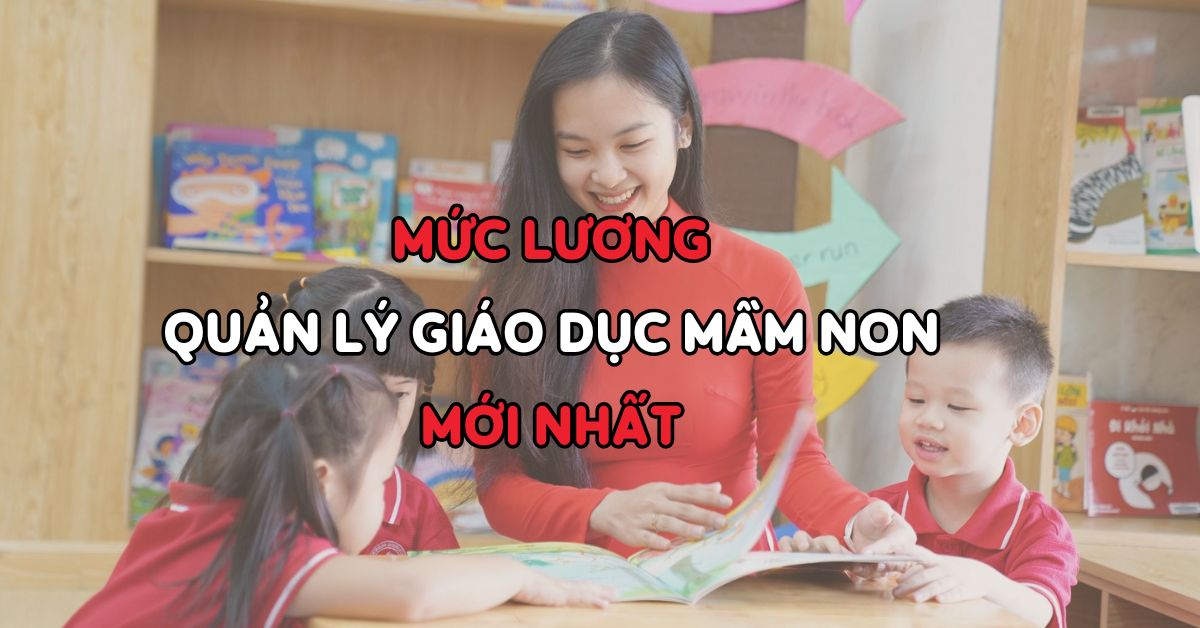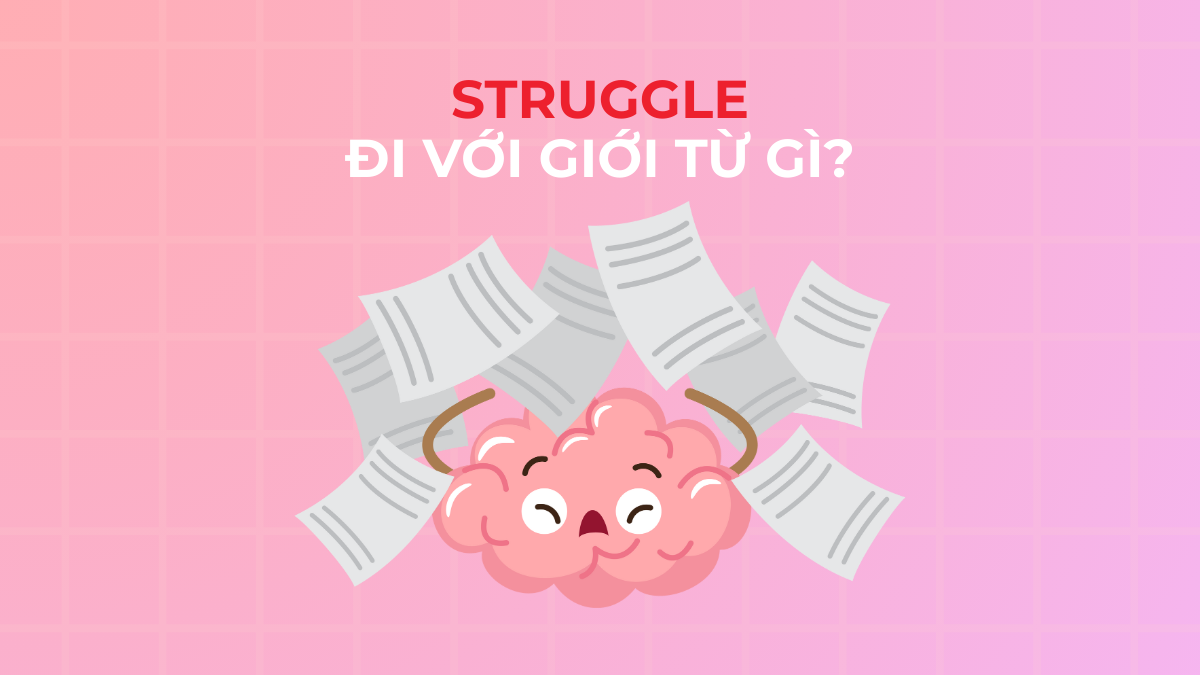Tương lai hoàn thành là một trong 12 thì phổ biến và thường xuyên được sử dụng trong tiếng anh. Tuy nhiên nhiều bạn vẫn chưa nắm rõ cách dùng và đặt câu của thì này. Vì vậy Monkey sẽ hướng dẫn cách đặt câu dễ hiểu nhất và cung cấp 100+ ví dụ thì tương lai hoàn thành trong bài viết dưới đây.

Hướng dẫn đặt câu với thì tương lai hoàn thành
Thì tương lai hoàn thành dùng để diễn tả hành động sẽ được kết thúc trước một thời điểm, hành động khác trong tương lai. Hoặc nó dùng để diễn tả hành động xảy ra và kéo dài đến một thời điểm trong tương lai.
-
Cấu trúc chung: S + will/shall + have + PP
- Hướng dẫn đặt câu với thì tương lai hoàn thành
-
Bước 1: Để đặt một câu hoàn chỉnh, trước tiên cần xác định các thành phần chính trong câu là S, V, O (nếu có)
-
Bước 2: Sắp xếp các thành phần của câu theo thứ tự giống với cấu trúc.
-
Bước 3: Chuyển động từ từ dạng nguyên thể sang dạng past participle (quá khứ phân từ). Thông thường, với động từ có quy tắc thì bạn chỉ cần thêm đuôi -ed. Tuy nhiên, với một số động từ bất quy tắc thì bạn cần tra cứu và học thuộc nó.
Công thức + 50 mẫu câu ví dụ theo cấu trúc
Công thức thì tương lai hoàn thành có sự khác nhau trong các kiểu câu khẳng định, phủ định hoặc câu hỏi. Dưới đây là công thức thì tương lai hoàn thành ứng với từng chủ ngữ và những ví dụ liên quan.
Công thức khẳng định
|
Chủ ngữ/ Đại từ nhân xưng |
Công thức |
|
I, you |
I, you + will/shall + have + past participle |
|
He, she, it |
He, she, it + will/shall + have + past participle |
|
We, you, they |
We, you, they + will/shall + have + past participle |
Ví dụ:
-
I will have met Nam before he goes.
-
He will have studied the English tense.
-
You will have reached the station before the train leaves.
-
She will have been at the company for over 25 years when she retires.
-
It will have stopped raining.
-
They will have left China.
-
Before he comes, we will have cleaned up the house.
-
I will have arrived.
-
Jame will have read various kinds of books.
-
Julie will have joined us at the meeting before you reach.
Công thức phủ định
|
Chủ ngữ/ Đại từ nhân xưng |
Công thức |
|
I, you |
I, you + won’t/shan’t + have + past participle |
|
He, she, it |
He, she, it + won’t/shan’t + have + past participle |
|
We, you, they |
We, you, they + won’t/shan’t + have + past participle |
Ví dụ
-
I won’t have cooked dinner.
-
I won’t have finished my university degree in time.
-
She won’t have helped me to do the task before the class starts.
-
They won’t have shopped at that market before we come.
-
I won’t have gone there before he leaves.
-
It won’t have stopped raining.
-
They won’t have done their homework.
-
Jayden won’t have left her alone before she leaves him first.
-
The bridge won’t have been built when you return from Japan next year.
-
Emily won’t have completed her studies until she’s 27.
Công thức nghi vấn (câu hỏi Yes/ No)
|
Chủ ngữ/ Đại từ nhân xưng |
Công thức |
|
You |
Will/shall + you + have + past participle ? |
|
He, she, it |
Will/shall + he, she, it + have + past participle |
|
We, you, they |
Will/shall + we, you, they + have + past participle |
Ví dụ
-
Will you have bought that car when you arrive?
-
Will she have finished the exercise by the deadline?
-
Will they have had dinner here before we come?
-
Will Julia have been married before she’s 30?
-
Will your mom have picked you up before it rains?
-
Will you have reached the bus before it leaves?
-
Will Jane have been here before 8 o’clock?
-
Will they have played tennis before she comes?
-
Will we have finished our report when the lesson starts?
-
Will they have done the housework before Jame is back?
Công thức câu hỏi có từ để hỏi WH question
|
Chủ ngữ/ Đại từ nhân xưng |
Công thức |
|
You |
Từ để hỏi (5W, 1H) + will/shall + you + have + past participle? |
|
He, she, it |
Từ để hỏi (5W, 1H) + will/shall + he, she, it + have + past participle? |
|
We, you, they |
Từ để hỏi (5W, 1H) + will/shall + we, you, they + have + past participle? |
-
Ví dụ
-
When will you have finished writing this book?
-
When will you have done your report?
-
Why will he have done it before the teacher comes?
-
Why will Jame have left her?
-
What will they have shopped in the market before he comes?
-
What will they have done when the bus leaves?
-
Where will he have traveled before he gets back?
-
How will they have done it just in time?
-
How will she have reached the station in time?
-
What will she have done before his birthday?
Xem thêm: [Full Level] Bài tập thì tương lai hoàn thành giúp bạn đạt điểm 10
Ví dụ về thì tương lai hoàn thành theo cách dùng chi tiết
Trong thực tế, thì tương lai hoàn thành được dùng trong một số tình huống dưới đây.
Diễn tả hành động sẽ được hoàn tất trước một thời điểm hoặc hành động khác trong tương lai.
Ví dụ:
-
By 8 o’clock Emilia will have finished her report.
-
Jame will have completed his exercise before our teacher comes.
-
We will have cleared out these flowers before he comes.
-
By this time next year he will have graduated.
-
He will have left by the time you come here.
-
It will have been raining before he leaves.
-
The house will have been built when you return from Japan next year.
-
I will have eaten all of this cake before he comes.
-
She will have finished her work by 9 o’clock.
-
They will have closed the door by 10 p.m.
Diễn tả một hành động xảy ra và kéo dài đến một thời điểm trong tương lai.
Ví dụ:
-
In four years’ time, I will have lived in Hanoi for 10 years.
-
He will have finished his studies in two years.
-
She will have become a mother in two months.
-
Lily will have completed her project until she’s 27.
-
Dean will have been here for one year at the end of this month.
-
Next month she will have worked for the company for five years.
-
Edward will have worked for the company for 20 years until he retires.
-
I will have studied in this university for 7 years.
-
She will have been a teacher for 20 years next month.
-
Next week my parents will have been together for thirty five years.
Một số ví dụ của thì tương lai hoàn thành với cấu trúc câu đặc biệt
Tag question - Câu hỏi đuôi
-
You will have met Vivian before she goes, won’t you?
-
He will have studied Chinese, won’t he?
-
You won’t have finished your homework in time, will you?
-
He will have waited until you returned next two years, won’t he?
-
Your mom will have bought you a car before your birthday, won’t she?
-
Jame will have completed his report before the teacher comes, won’t he?
-
He won’t have graduated until next year, will he?
-
He will have become a father in two months, won’t he?
-
He will have engaged you before you study abroad, won’t he?
-
Manila will have been here for one year at the end of this month, won’t she?
-
Sherlock will have come out before Chrismast, won’t it?
-
They will have closed the door by 10 p.m, won’t they?
-
His family will have returned here before Tet holiday, won’t they?
-
Our neighbor will have left before this weekend, won’t they?
-
She will have become the most famous actress by 5 years, won’t she?
Câu gián tiếp (tường thuật)
-
She said she would have finished her report by 8 o’clock.
-
They said that they would have returned there before Chrismast.
-
He said he would have written the book.
-
She said she would have become a mother in three months.
-
She said she would have met him before July.
-
Hoa told me that she would have studied a lot before the exam the next day.
-
Kate said she would have worn a white dress when Jone came back home.
-
Minh would have bought a gift before he went to the party.
-
He said he would have kept calm before he went into the exam room.
-
Helen said to his mom she wouldn’t have come home before she bought a book.
Câu bị động
-
The house will have been built before you return next year.
-
My dress will have been made in Germany by next week.
-
He will have been taught by his father until he’s six years old.
-
John will have been received a laptop by his mom before next week.
-
The house will have been painted until tomorrow.
-
MV "Hello" will have been released at 8pm tomorrow.
-
The poem will have been written by a famous writer.
-
Minh will have been received a scholarship at 9am tomorrow.
Một số ví dụ thì tương lai hoàn thành trong giao tiếp hàng ngày
-
Call me at 6 p.m. I will have eaten dinner by then.
-
By next Saturday they’ll have moved into their new home.
-
Let’s wait until 6 p.m. The game will have finished by then.
-
They’ll have resolved the IT problem by this morning.
-
In May he’ll have been in Australia for ten years.
-
By tomorrow she’ll have had four interviews with this company!
-
She won’t have left when I arrive, will she?
Trên đây là 100+ ví dụ thì tương lai hoàn thành dễ hiểu và thông dụng nhất. Hy vọng bài viết này sẽ giúp các bạn hiểu rõ và áp dụng tốt kiến thức trong bài tập và giao tiếp. Đừng quên like, share để ủng hộ đội ngũ nhà Monkey nhé!




_(1).png)


.png)
.png)






.png)